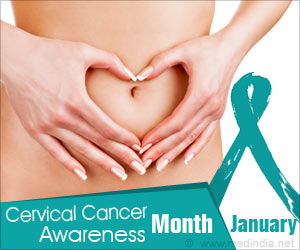The heartbreaking reality for thousands of people with cancer who are going through one of the most difficult times with no one to talk to.

‘The odds of a patient having clinical anxiety or clinical depression are approximately doubled if they live alone compared to those who do not.’





Following more than 1,000 people with colorectal cancer from before their surgery until five years afterwards, as part of the Colorectal Wellbeing (CREW) study, the researchers found that people with colorectal cancer saw a reduction in affection, social interaction and practical and emotional support after surgery -- and for up to two years afterwards. "It is so important for people to have the help and support they need to manage the consequences of cancer after being diagnosed and treated. Assessment of people's needs early on in the recovery process and then at regular intervals would help identify those most in need," said Professor Claire Foster from University of Southampton.
Those that lacked social support, such as having someone to talk to or help with practical tasks like household chores, were at a greater risk of a poor quality of life, the study found.
For example, at diagnosis, one in 20 (5 percent) patients said they had little or no affection. Two years after diagnosis, this had almost trebled to one in eight (13 percent).
Findings are similar for patients missing out on practical help. Two years after diagnosis, the proportion of people who lacked support was more than double that at the point of diagnosis (12 percent vs five percent).
Advertisement
"This research shows the heartbreaking reality for thousands of people with cancer who are going through one of the most difficult times with no one to talk to, no one to give them a hug when they're feeling down, no one to cook them a meal when they're wiped out from chemotherapy," Lynda Thomas, Chief Executive at Macmillan Cancer Support, said.
Advertisement
Source-IANS















